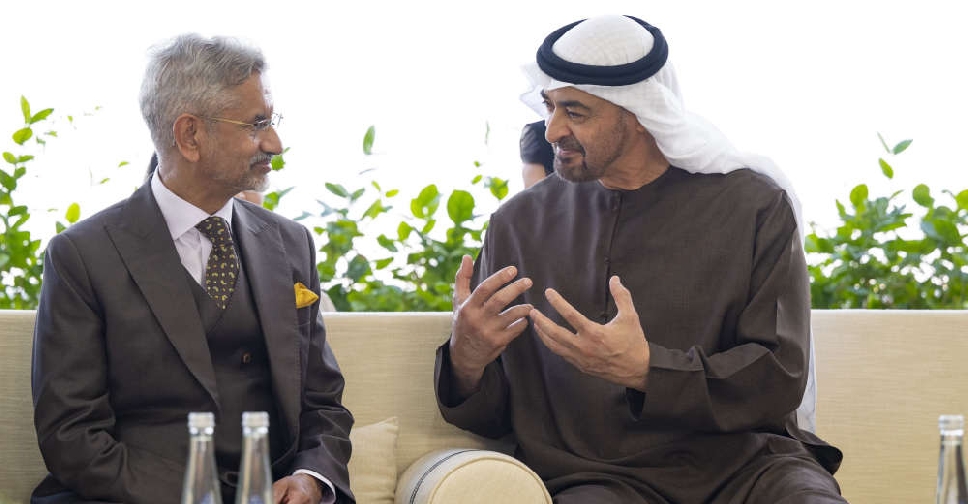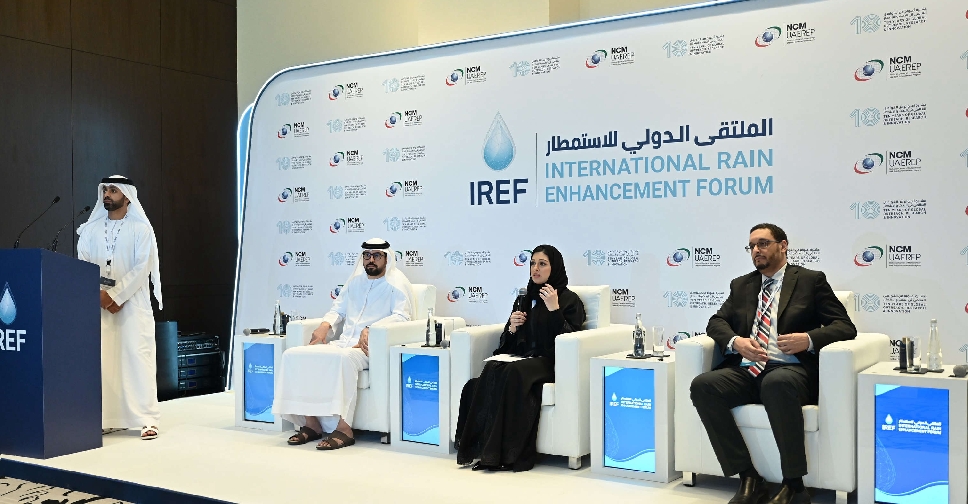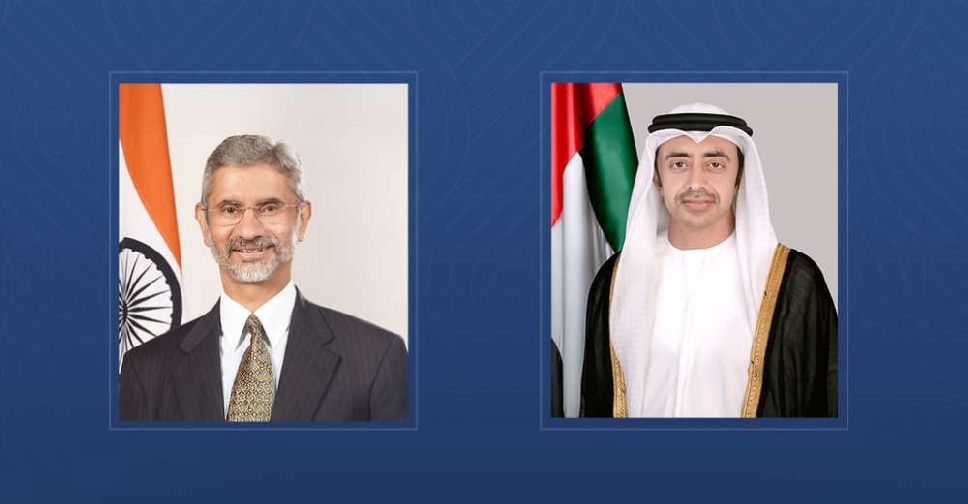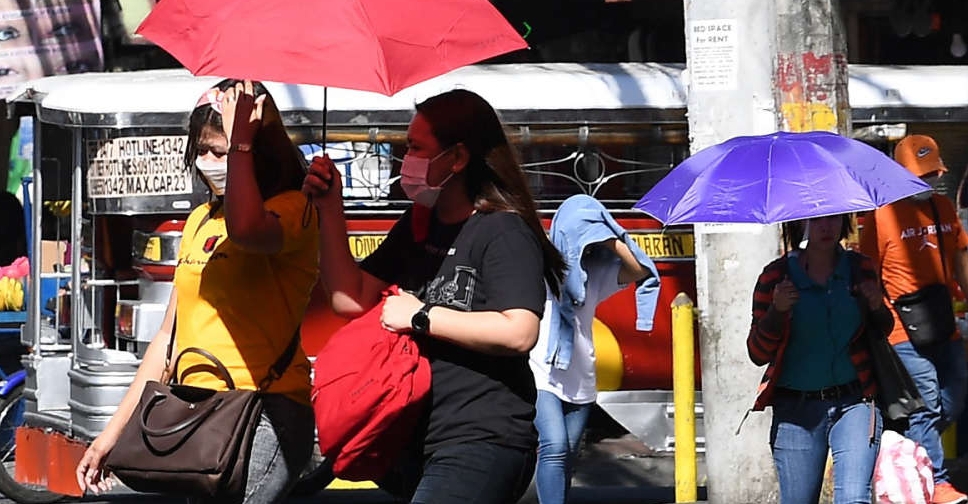
The Philippines cancelled in-person sessions in public schools for two days from Monday, warning that the power grid on its main island of Luzon could be strained in a heatwave that is also broiling other parts of Southeast Asia.
Forecasters said temperatures in the capital region could soar to 37 degrees Celsius in the next three days, as the heat index hovering at a record 45 degrees C, threatens heat stroke from prolonged exposure.
The heat index, which incorporates relative humidity, could stay in record territory until the second week of May, Glaiza Escullar, a state weather forecaster, told radio station DZBB.
"We already have reports of high blood pressure and dizziness, and fainting by pupils and teachers in the past days," Benjo Basas, chairperson of a group of educators, the Teachers' Dignity Coalition, told the DWPM radio station.
On Sunday, the education ministry told public schools to switch to online learning because of the heat forecasts, since classrooms can be crowded and few have air-conditioning.
In addition to more than 3.6 million students in the public school system affected by similar suspensions last week, several private schools and universities have also shifted to online classes.
The heatwave is straining power supplies on Luzon, which contributes three-quarters of economic output, as reserves thin after 13 power plants shut down this month, the grid operator said in a statement.
In the capital, Metro Manila, temperatures could reach 38.3 degrees C next month, just off a May 1987 record of 38.5 degrees C, senior official Marcelino Villafuerte told a briefing on Monday.
On Monday, authorities at Terminal 3 of the main airport in Manila pressed into service fans to combat stifling heat after two of the six cooling towers stopped working the previous day.
In neighbouring Indonesia, warmer weather has been blamed for a surge in mosquito-borne dengue fever to 35,000 cases last month from 15,000 a year earlier.
The El Nino weather pattern has prolonged the dry season and hotter temperatures have accelerated the mosquito lifecycle, health ministry spokesperson Siti Nadia Tarmizi told the Antara state news agency.
 Plane catches fire at Busan airport in South Korea
Plane catches fire at Busan airport in South Korea
 Indian state studies plan to ban petrol, diesel vehicles in Mumbai
Indian state studies plan to ban petrol, diesel vehicles in Mumbai
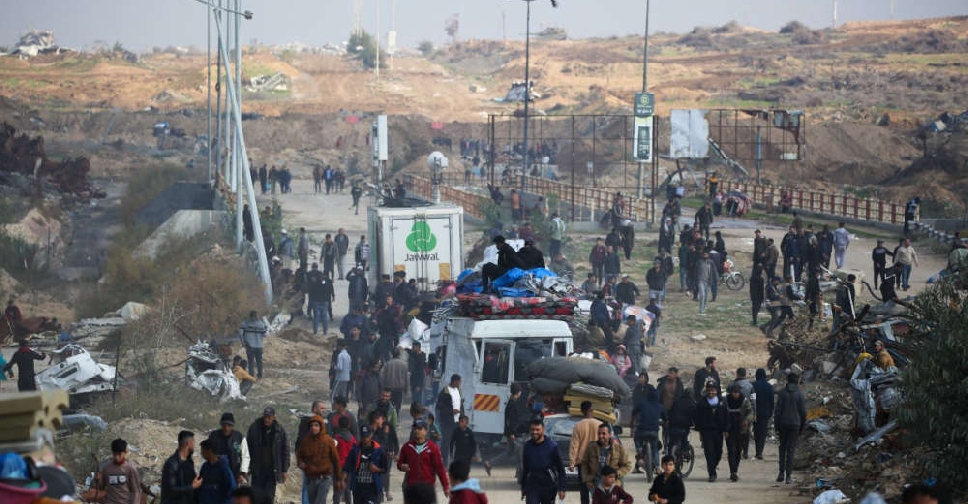 Gaza residents stream home to the north after hostage breakthrough
Gaza residents stream home to the north after hostage breakthrough
 Russian drone attacks in Ukraine injure 8, damage residences
Russian drone attacks in Ukraine injure 8, damage residences
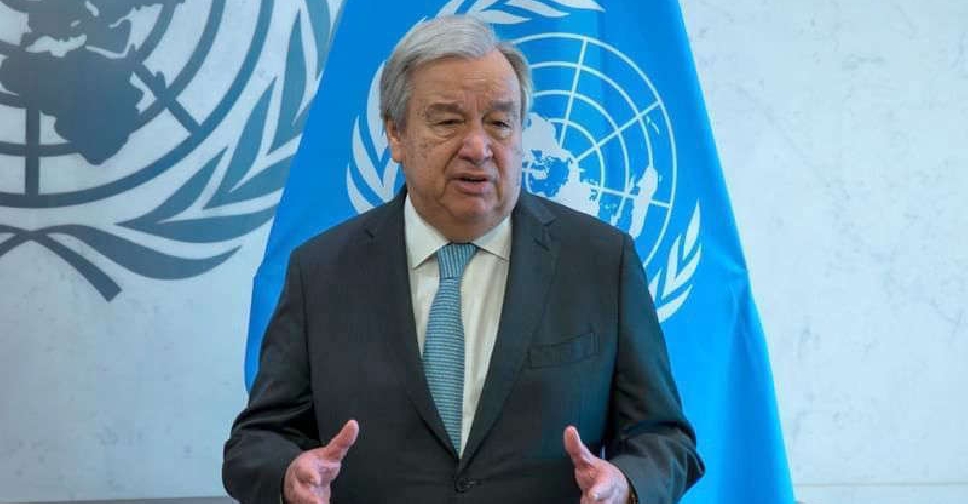 UN Chief expresses concern over US freeze on foreign aid
UN Chief expresses concern over US freeze on foreign aid
